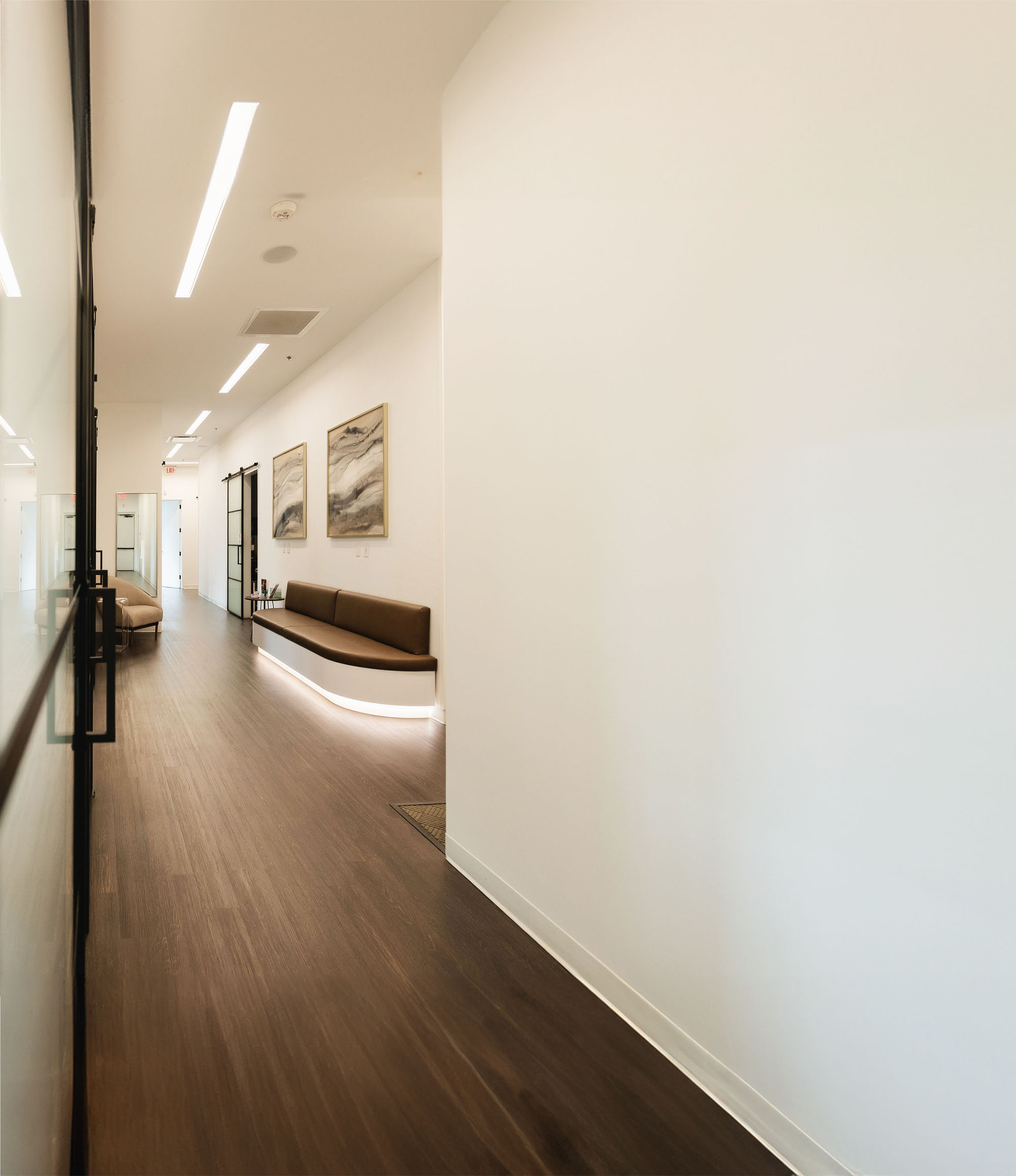Bleeding After Dental Implants – What’s Normal And What To Expect

Like any other oral surgery, getting dental implants will cause some bleeding and discomfort. But recovering is actually very straightforward, and if you know what to expect and how to deal with bleeding after your procedure, you'll be able to heal more quickly.
So read on and learn more about bleeding after dental implants. We'll discuss what you can expect after your appointment at The Burkitt Center For Comprehensive Dentistry, what's normal, and what's not normal after your surgery and may require you to schedule a follow-up.
Moderate Bleeding is Normal Immediately After Your Surgery
Right after your treatment, Dr. Will Jones will apply a gauze pack to your implant site. You will need to bite down firmly on this gauze pack for at least 30-60 minutes. This absorbs blood and allows clots to form around your implant site.
Depending on how much you're bleeding, you may need to replace this gauze pack a few times. The pack should be replaced whenever it's soaked with blood. Once bleeding slows and stops, you can have your first meal after treatment. You should eat something soft and cool, like yogurt or a smoothie.
Intermittent Bleeding May Continue for About 24-48 Hours After Treatment
After your blood clots form, you should not notice significant bleeding. However, intermittent bleeding may occur up to 24-48 hours after treatment. A small amount of blood or pink-tinged saliva is nothing to be worried about.
To reduce the risk of bleeding and complications during this initial recovery process, you should take a few steps:
Avoid hot foods and drinks, which can increase blood flow and contribute to bleeding. Eat a liquid or soft food diet to avoid damaging or dislodging the blood clots with tough or hard foods. Avoid brushing or touching the implant site directly for at least 2-3 days. This ensures the blood clots form properly and are not disturbed. Do not rinse or spit vigorously or use a straw to drink liquids for a few days. Doing so could disturb the blood clots that form and lead to further bleeding. Avoid heavy exertion and exercise for a few days. Rest, relax, and keep your head elevated to reduce the risk of bleeding.
Continued Bleeding After 3 Days or Longer is Abnormal
If your mouth is still bleeding after 3 days, this is not normal. By this time, blood clots should have formed and the healing process should have already begun. If your implant site continues to bleed, this could indicate complications with your treatment. To preserve your oral health, you should contact The Burkitt Center For Comprehensive Dentistry to schedule a consultation with Dr. Will Jones.
Know What to Expect After Your Dental Implant Treatment in Brentwood
Getting a dental implant from Dr. Will Jones in Brentwood or Nolensville is the best way to permanently restore your smile. So don't wait. If you're interested in treatment, contact us online or call today at (615) 941-3368 to schedule a consultation and see if implant dentistry is right for you
Enter a
New Era of
Dentistry
Call 615.941.3368 or request an appointment online to set up your first visit. We’ll be in touch soon.
